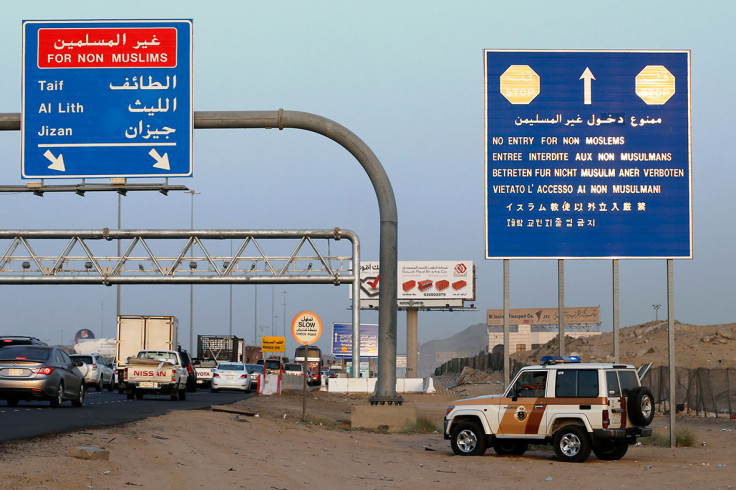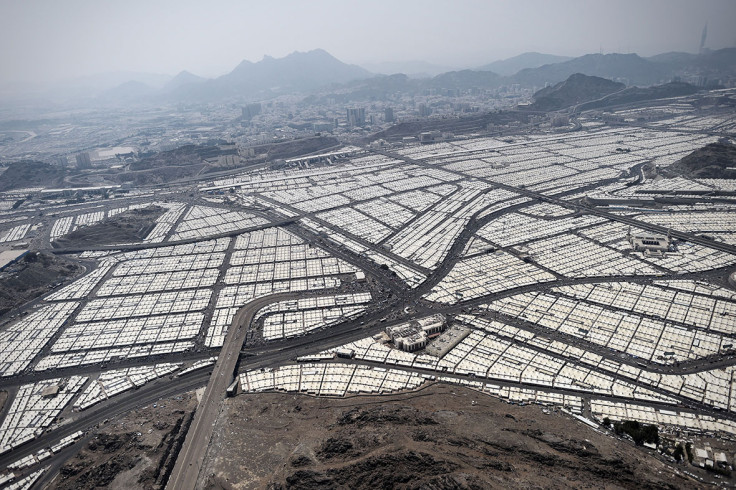Hajj pilgrimage 'leads to annual spike in severe air pollution' in Mecca

The annual Hajj pilgrimage to Mecca leads to a spike in severe air pollution, with "dangerously high levels" reached every year.
Research reported at the American Geophysical Union meeting in San Francisco looked at air samples taken during the 2012 and 2013 Hajj pilgrimages.
This year, over two million pilgrims made their way to Mecca for the six day event in October. As well as many choosing to drive to the holy site, many use their cars to drive to and from same places every day while there.
Isobel Simpson, a UC Irvine research chemist who took part in the study, said: "Hajj is like nothing else on the planet. You have three to four million people – a whole good-sized city – coming into an already existing city.
"The problem is that this intensifies the pollution that already exists. We measured among the highest concentrations our group has ever measured in urban areas – and we've studied 75 cities around the world in the past two decades."
Scientists sampled the air quality on roadsides, near the massive air-conditioned tents set up during Hajj and the narrow tunnels that funnel people to the Grand Mosque.

The narrow tunnels were found to be the worst for pollution, with the highest carbon monoxide level reaching 57,000 parts per billion – more than 300 times that of regional background levels.
Published in the journal Environmental Science & Technology, the authors said the dangers of such high pollution levels include heart failure, headaches, dizziness and nausea.
Simpson said: "There's carbon monoxide that increases the risk of heart failure. There's benzene that causes narcosis and leukaemia. But the other way to look at it is that people are not just breathing in benzene or CO, they're breathing in hundreds of components of smog and soot."
Findings showed "alarming" levels of black carbon and fine particulates that sink into people's lungs.
The authors say organisers should try to target fossil fuel sources to improve air quality, such as directing pedestrians and vehicles into separate tunnels.
Highlighting the extent of the problem of air pollution, Haider Khwaja, of the University at Albany said: "Air pollution is the cause of one in eight deaths and has now become the single biggest environmental health risk globally.
"There were 4.3 million deaths in 2012 due to indoor air pollution and 3.7 million deaths because of outdoor air pollution, according to WHO. And more than 90% of those deaths and lost life years occur in developing countries."
© Copyright IBTimes 2025. All rights reserved.






















